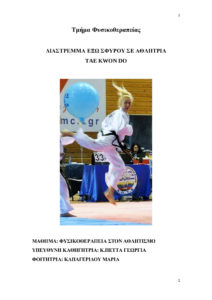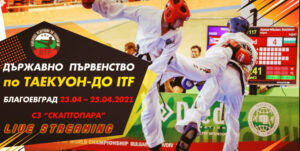Basic key elements in athletic nutrition. How can we achieve peak performance?

During the last years the interest in the amount, the quality and the composition of athletic nutrition occur getting more and more increased as it is now scientifically proven that nutrition of high-intensity exercised people is affecting their health, weight and body chemistry. Moreover, it affects the energy packs
The key elements concerning the consumption of energy, nutrients and liquids for athletes and exercisers are:
- Energy
To maintain body weight and good health, to achieve maximum performance as well as rapid body recovery after high-intensity exercise, adequate energy consumption is required. The low energy consumption can lead to muscle mass loss, hormonal and metabolic disorders, menstruation disorders in women, bone mineral density loss or increase inability, fatigue, high danger of muscle damage and immune system depression. Energy (calories) should come from a healthy food choice with high carb content (complex and simple such as whole grain cereals, pasta, rice, vegetables and fruits), be low-fat and protein adequate (low-fat dairy, fish, chicken and lean meat).
- Carbs
Generally, carbs are the primary fuel source used during high-intensity exercise. Energy packs supply to the muscles in order to achieve peak performance is an essential nutritional target to athletes. Researches have proven that carbs
- Proteins
On the contrary to carbs, proteins are of little use as a fuel and their main function is to build and reconstruct the body tissues. The daily need for protein in athletes is about 1,2 to 1,4 grams per kg of body weight. Resistance and power athletes need slightly more protein that can reach the amount of 1,6 to 1,7 grams. This intake can be achieved through diet without food
- Eating before exercising
Meals before exercise should be low in fiber and low in fat, in order to ease gastric emptying. Moreover, they should include average amount of protein and consist of food familiar and tolerable to the athlete, so that to avoid gastric distress.
- Hydration
Hydration is essential to athletic nutrition that should be seriously taken into consideration and closely checked. Adequate fluid intake before, during and after exercise is important to health and peak performance. After exercising it is important to take enough fluid so that to replace sweat loss and prevent dehydration danger. Dehydration can





